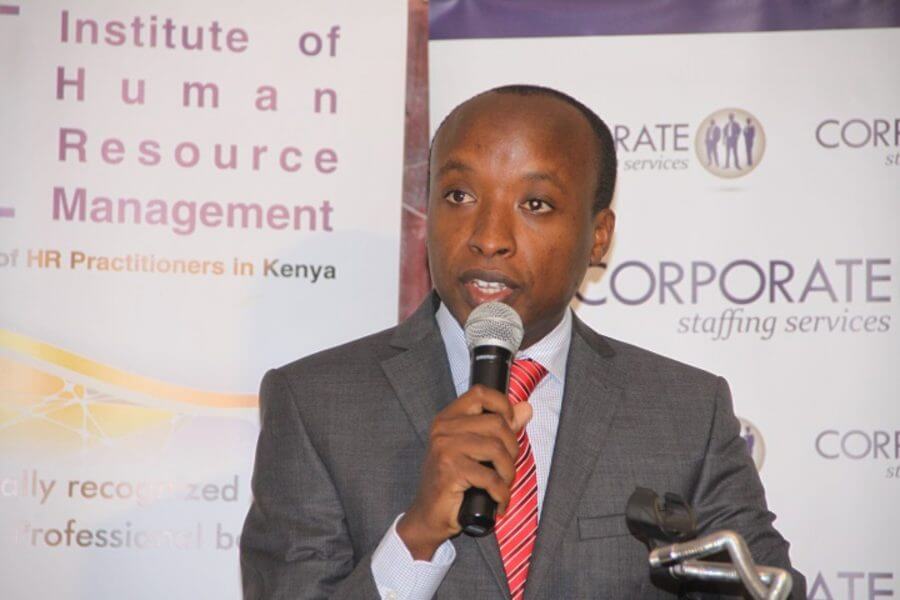Job Outlook Survey 2017: Trends, Challenges and Future Outlook

The majority of the organizations (73%) will not be introducing new positions but will instead be hiring replacements or not hiring at all, a new survey found out.
Also, Sales & Marketing and ICT positions have the highest demand in 2017 across organizations…
NAIROBI, Kenya, March 27, 2017…A new survey has revealed that the forthcoming General Elections slated for August has sent jitters amongst employers, forcing a vast majority to halt introducing new positions in their organization and also expanding into new markets in the remaining part of 2017. This has largely been driven by the anticipated political uncertainty before and after the polls. However, the public sector will continue to hire in the course of the year to meet government’s personnel needs. The relatively new and growing companies will also be hiring to cover for the workload.
According to Corporate Staffing Services’ Job Outlook Survey 2017: Trends, Challenges, and Future Outlook, released on 27 Monday, 2017, the employment index in the remainder of the year does not look promising as majority of the organizations (73%) will not be introducing new positions in the remainder of the year.
However, only 27% of organizations in all sectors will be hiring new positions. Most of this will be from the public sector, which will be recruiting staff in adherence to government hiring regulations.
Most of the employers surveyed indicated that they will not be increasing staff compensation because they believe they are paying market rates. Instead, they will eliminate some benefits, and maintain their current compensation cost by offering lower entry salary for new staff in the course of the year.
The professionals in demand this year according to the survey are Sales and Marketing, ICT, accounting, and administration as organizations seek to grow their revenue and market presence. While automating their operations to increase efficiency and meet regulatory and compliance requirements by external and internal stakeholders.
Most notably, being an election year, most employers (52.2%) said that the current political climate is their biggest challenge. The prevailing political uncertainty calls for risk management, hence most organization, especially in the private sector are not expanding into new markets. Another 43% of the respondents mentioned low economic growth as the second biggest challenge, which is brought about by low demand for goods and services, high inflation rates and the drought being experienced in the country.
“These findings convey the message that the current job market is facing a number of challenges ranging from the prevailing political climate ahead of the General Elections slated for August and the slow growth in the economy. From the survey, we also noted that most employers are grappling with a high turnover and lack of skilled employees in critical income-generating positions. Furthermore, as for the private sector, most companies will be making replacements in positions they can’t do without, such as Business Development and other technical areas,” said the CEO Corporate Staffing Services, Perminus Wainaina.
The Corporate Staffing Services’ Job Outlook Survey 2017: Trends, Challenges and Future Outlook, shares insights from 892 Human Resource Professionals spread across more than 12 different sectors/industries who are members of the Institute of Human Resource Management (IHRM Kenya).
The survey, which examines the top trends impacting today’s workforce and how organizations will be responding in the remainder of the year, uncovered that Competitive Compensation was cited as the highest staffing challenge employers in Kenya have to deal with (at 49%). This was followed by Lifting Employee Morale at 42% and Retaining Top Talent at 39%. Cutting down on cost-per-hire was the least challenge among employers at 14%.
The employers are also facing a number of challenges when recruiting staff in the last 12 months. These include; too many applicants tendering their applications (67%) followed by poor quality of candidates (56%) and withdrawal from accepted job offers at 40%. These findings compare with the result of a similar survey done in 2015 during the same first quarter.
The report recommends to the public and private organizations to focus on offering job security, retaining top talent, cultivating transparency and ensuring employees feel like partners in their places of work.


So resourceful
So insightful
Where can one access the full report?
good report